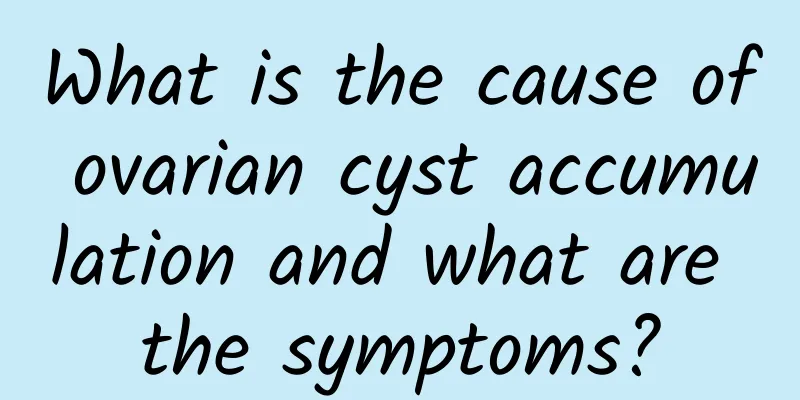How are cervical warts transmitted?

|
Cervical warts are a global disease and rank among the top sexually transmitted diseases in many countries. They are prone to relapse during treatment and require our absolute attention. In our country, many women have become victims of cervical warts, and the age of onset is getting younger. In order to prevent more people from being infected with this disease in the future, the following is a brief introduction to the ways in which female cervical warts are transmitted. Cervical warts are infectious diseases with a high infection rate. If patients do not take good precautions, they may be transmitted to their family or friends. There are many ways for cervical warts to be transmitted, such as between lovers, husband and wife, mother and child, etc. If one of them has cervical warts, the other is very likely to have cervical warts. Its main transmission methods are as follows Direct sexual contact: This is the main route of transmission. According to research, 2/3 of people who have sexual contact with patients with cervical condylomata may develop this disease. The disease is most contagious when the average duration is 3.5 months, so people with promiscuous sex are most likely to be infected with this disease. Usually, it is infected through damaged skin and mucous membranes through unclean sexual intercourse. Survey data show that cervical condylomata mostly occur in young people aged 20-30, and most of these patients have a history of promiscuous sex outside of marriage. Indirect object transmission: It can be transmitted through daily necessities such as underwear, bathtubs, and bath towels. If women wear nylon underwear and do not pay attention to cleaning the vulva, candidiasis or trichomonas vaginitis will easily occur, or if there is an increase in leucorrhea caused by other infections, the local immersion and moisture will provide favorable conditions for the inoculation and breeding of papillomavirus. Mother-to-child transmission: Cervical warts or laryngeal papillomatosis in infants and young children and cervical warts in children may be caused by the fetus passing through the HPV-infected birth canal during delivery or by close contact with the mother after birth. The above are several ways in which cervical warts are transmitted in women. We must pay more attention to these aspects to avoid infection with this stubborn disease, cervical warts. |
<<: How can cervical warts be transmitted to others?
>>: How are cervical warts generally transmitted?
Recommend
What causes vaginitis?
Vaginitis is an inflammation of the inside of the...
How to eat if you have cervical erosion
What should you eat if you have cervical erosion?...
How to treat cervical cysts and ovarian cysts effectively?
The treatment effects of cervical cysts and ovari...
Moxibustion can treat cervical erosion
After I got married, we didn't plan to have c...
What are the harms of dysmenorrhea
Dysmenorrhea is a common gynecological disease, a...
Adverse reactions to menstrual disorders
Adverse reactions to menstrual disorders Menstrua...
What if my vaginal discharge is like snot after my period?
What if my vaginal discharge is like snot after m...
Medical treatments for ectopic pregnancy
Ectopic pregnancy is a manifestation of abnormal ...
80-year-old grandmother paralyzed by back-bending exercise sues famous doctor
Another medical dispute in the weight loss field ...
How to treat thin endometrium and premature ovarian failure quickly
Treatments for thin endometrium and premature ova...
What causes lower abdominal pain? Know these and understand your physical condition in time
Lower abdominal pain is something that many femal...
Can endometriosis be treated?
Experts say that endometriosis generally causes d...
Do you feel hungry and have an increased appetite easily when it’s cold? A female Chinese medicine doctor teaches you 5 tricks to easily defeat the glutton without gaining weight
Is your stomach growling again? As winter comes a...
What should I do if I have abnormal menstruation after taking birth control pills?
What should I do if I have abnormal menstruation ...
Will frequent sex delay menopause?
Menopause refers to the decline of ovarian functi...









